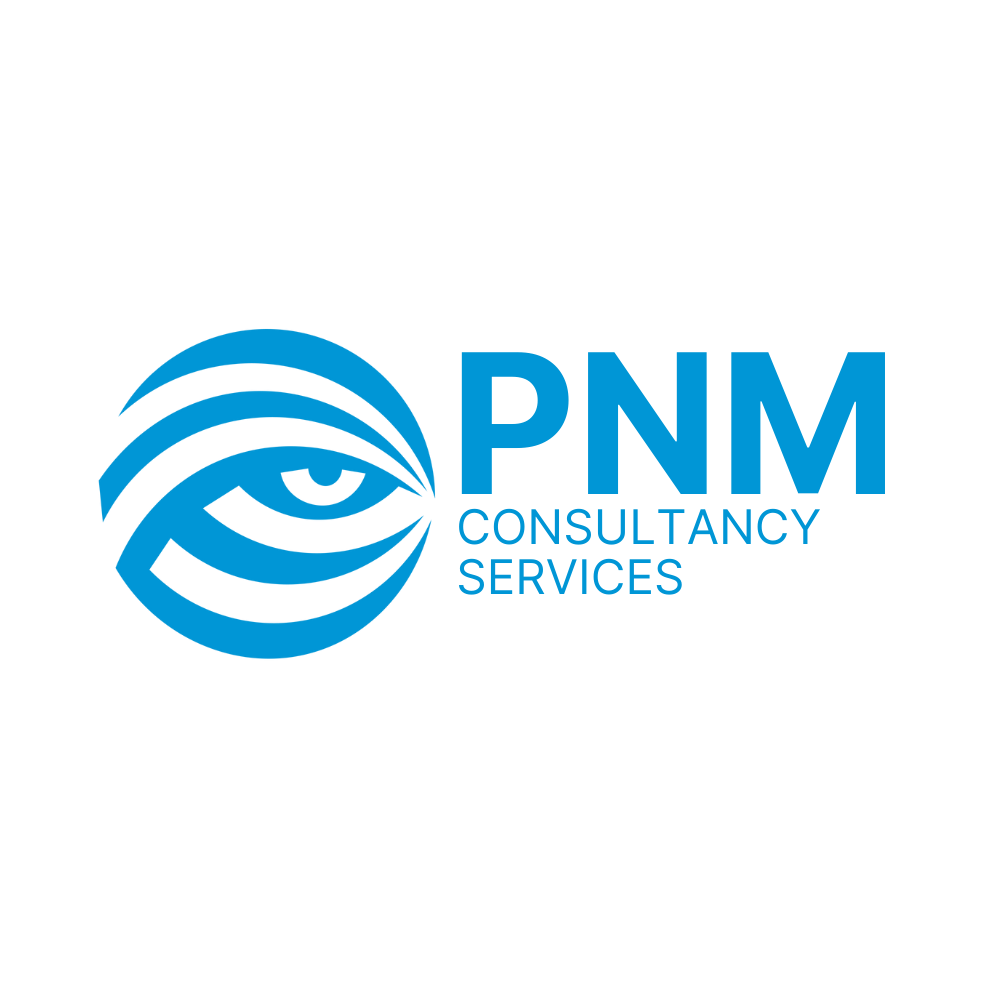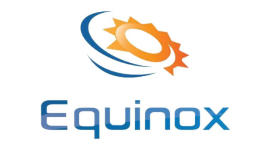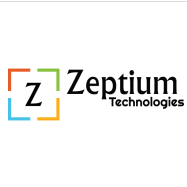PrimeFour Consulting specializes in Financial Risk Management, offering businesses expert assistance in identifying, assessing, and mitigating financial risks. Our services include a meticulous analysis to recognize currency, interest rate, and commodity price risks. We assess the potential impact, formulate tailored mitigation strategies, and collaboratively implement risk management techniques to enhance business resilience. Choose PrimeFour Consulting for a strategic partner committed to safeguarding your financial interests with proactive and industry-specific risk management solutions
Request for Our
Free Consultation
Don’t miss out – take advantage of our free consultation and take the first step towards achieving your goals
A Freezone Company in the UAE is a business entity established within a designated free zone, offering foreign investors various advantages such as 100% foreign ownership, tax exemptions, and simplified import/export procedures.
Yes, both individuals and foreign corporate entities can own a Freezone Company. This is one of the key advantages of setting up a business in a UAE free zone.
Corporate Tax is a type of direct tax imposed on the net income or profit of companies and businesses. It is also known as "Corporate Income Tax" or "Business Profits Tax" in some regions.
The UAE Corporate Tax becomes effective for Financial Years starting on or after June 1, 2023.
For example:
Yes, UAE Corporate Tax applies irrespective of the ownership nationality. It covers entities locally or internationally owned.
The UAE introduced VAT to diversify income sources and maintain the high standard of public services. It is a 5% tax applied to most goods and services.
Let us say a mobile phone is manufactured and sold through various stages—manufacturer to wholesaler to retailer, and finally to the consumer. At each step, a 5% VAT is applied, and businesses can claim a refund on the VAT they have paid on their purchases.
The standard VAT rate is 5%, but there are categories like zero-rated (0% VAT), exempt (no VAT), and deemed supplies.
Businesses must register for VAT if their taxable supplies exceed AED 375,000 per year or voluntarily if it exceeds AED 187,500.
Accounting is the systematic recording, reporting, and analysis of financial transactions, while bookkeeping involves the daily recording of financial transactions.
Accounting provides a clear picture of your financial health, helps in making informed decisions, and ensures compliance with financial regulations.

CEO, Exavibes
Working with Prime4 Consulting to establish our office in Dubai was a game-changer for us. Their team provided invaluable support throughout the entire process, from navigating legal requirements to finding the perfect location. Thanks to their expertise and dedication, we were able to smoothly expand our operations into Dubai and hit the ground running.

Founder & Director, Moods Investment Research Inc.
PrimeFour Consulting provided excellent guidance for setting up my company in Dubai and registering for VAT/Tax. Highly recommended!

Director, PNM consultancy
PrimeFour and its team have been instrumental in supporting our business ventures in the UAE and Middle East. Their exemplary service and dedication have consistently exceeded our expectations. With their expertise and guidance, we've navigated through complexities seamlessly, achieving remarkable results. PrimeFour's commitment to excellence and client satisfaction is truly commendable. We highly recommend PrimeFour to anyone seeking reliable and top-notch business support in the region.

Managing Director – Equinox
I have engaged Mr. Asif from PrimeFour Consulting in the UAE, and he has been an incredible ally in setting up our entities. His local knowledge is unparalleled. I highly recommend PrimeFour Consulting for Business Setup, Corporate Tax, and Management consultancy.

Zeptium Technologies LLC– Sales Manager
I have been thoroughly impressed with the exceptional service provided by PrimeFour Consulting. Their team has been incredibly prompt in responding to all my queries, ensuring that every concern is addressed with clarity and professionalism. I especially appreciate the valuable guidance I received regarding corporate tax filing process. PrimeFour Consulting has truly been a reliable partner in navigating the complexities of tax regulations, and I would highly recommend their services to any business looking for expertise and efficiency.

Consultant
I raised a query about the Corporate Tax registration process and deadlines with PrimeFour Consulting. They responded promptly with a professional and thorough explanation, addressing all my concerns. Excellent and efficient service from the PrimeFour Consulting team!

Consultant
PrimeFour Consulting provided exceptional support for my new company formation query. They offered a range of options with transparent pricing, making the entire process clear and straightforward. Their team followed up promptly to ensure I had all the necessary information. Excellent professionalism and prompt service.